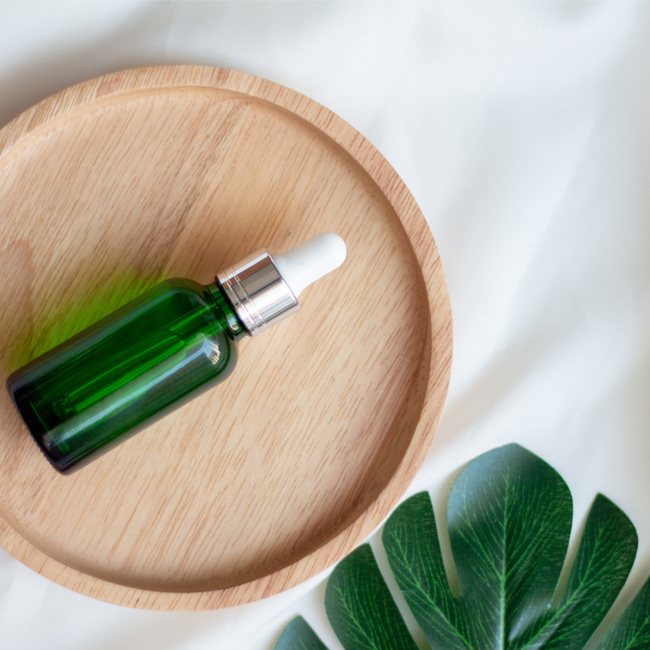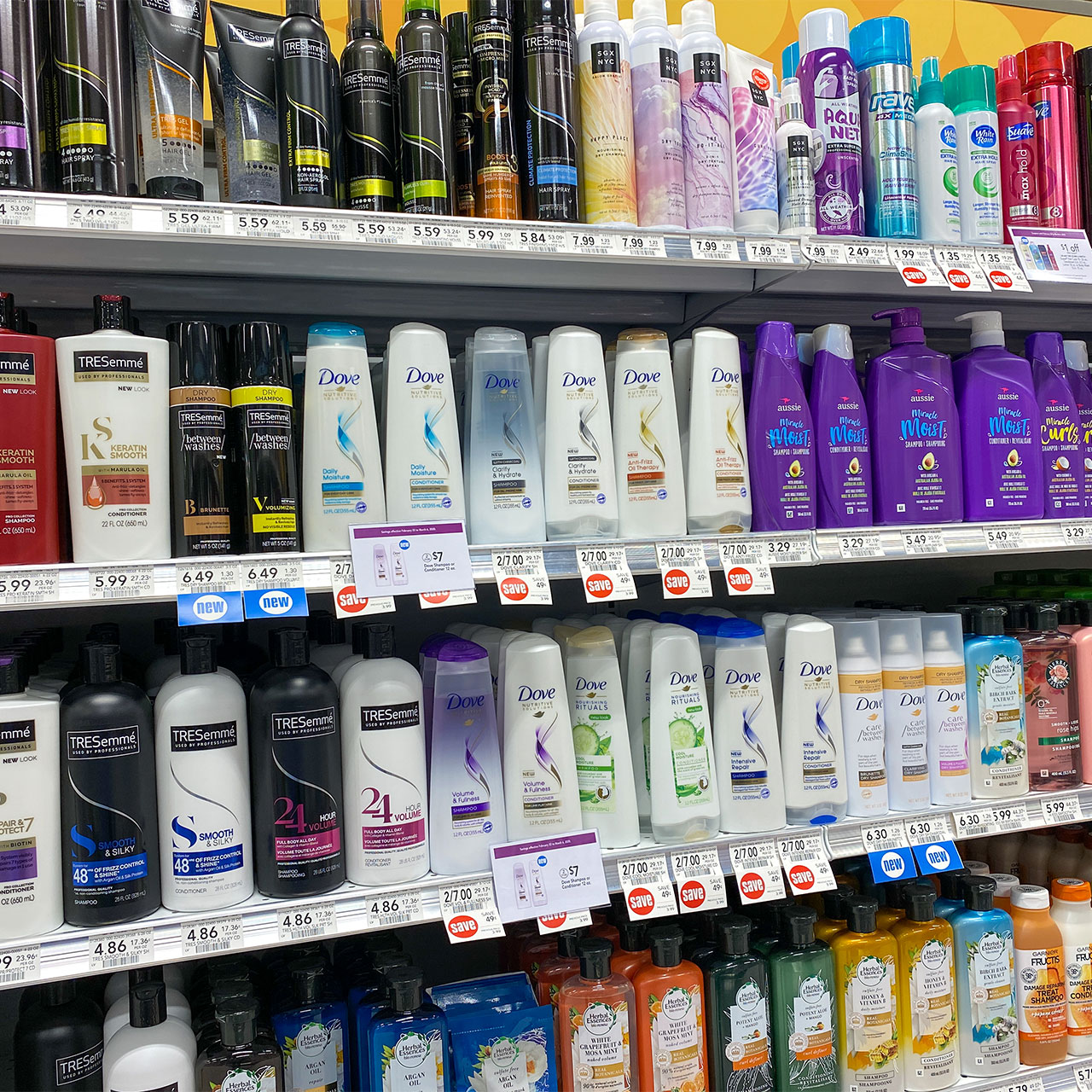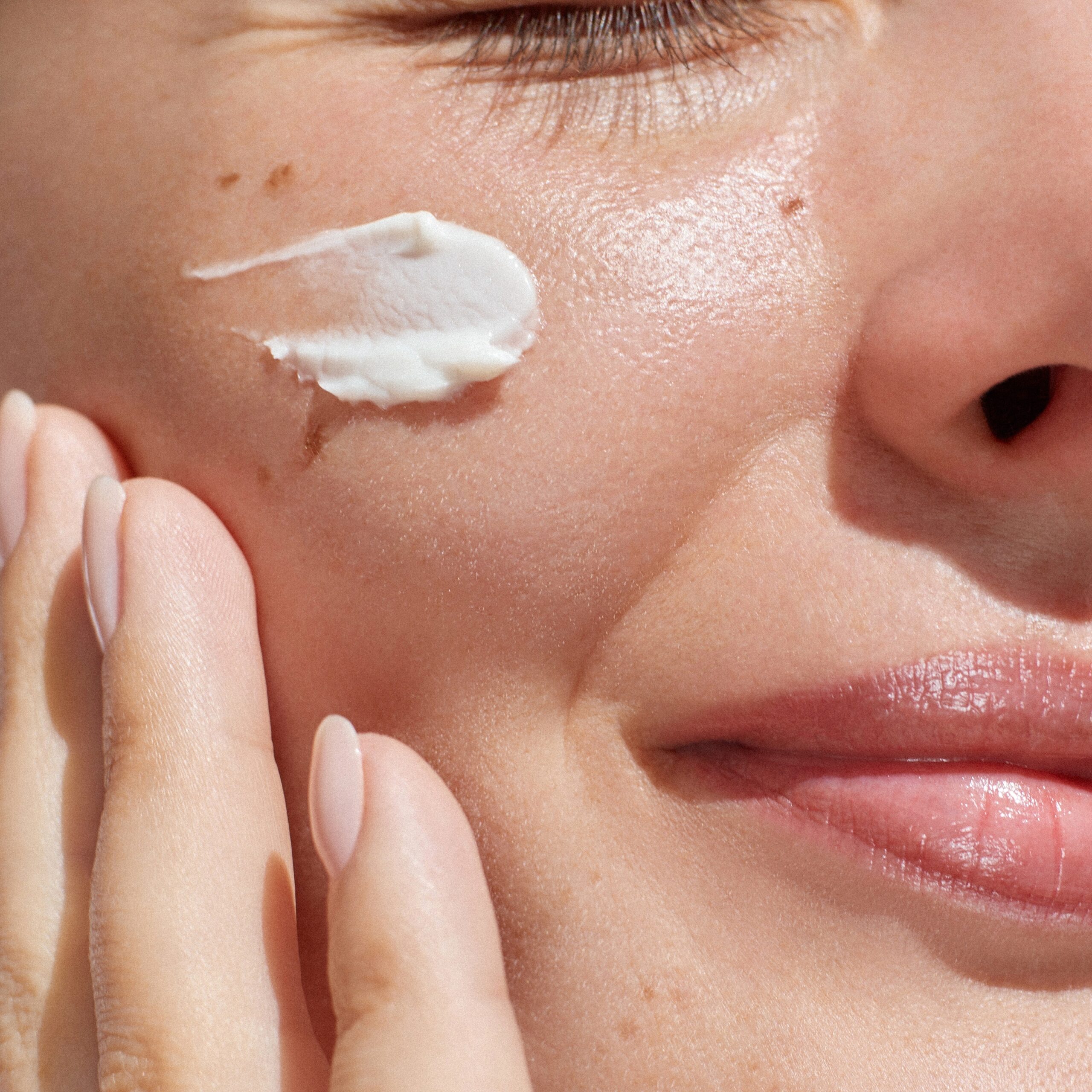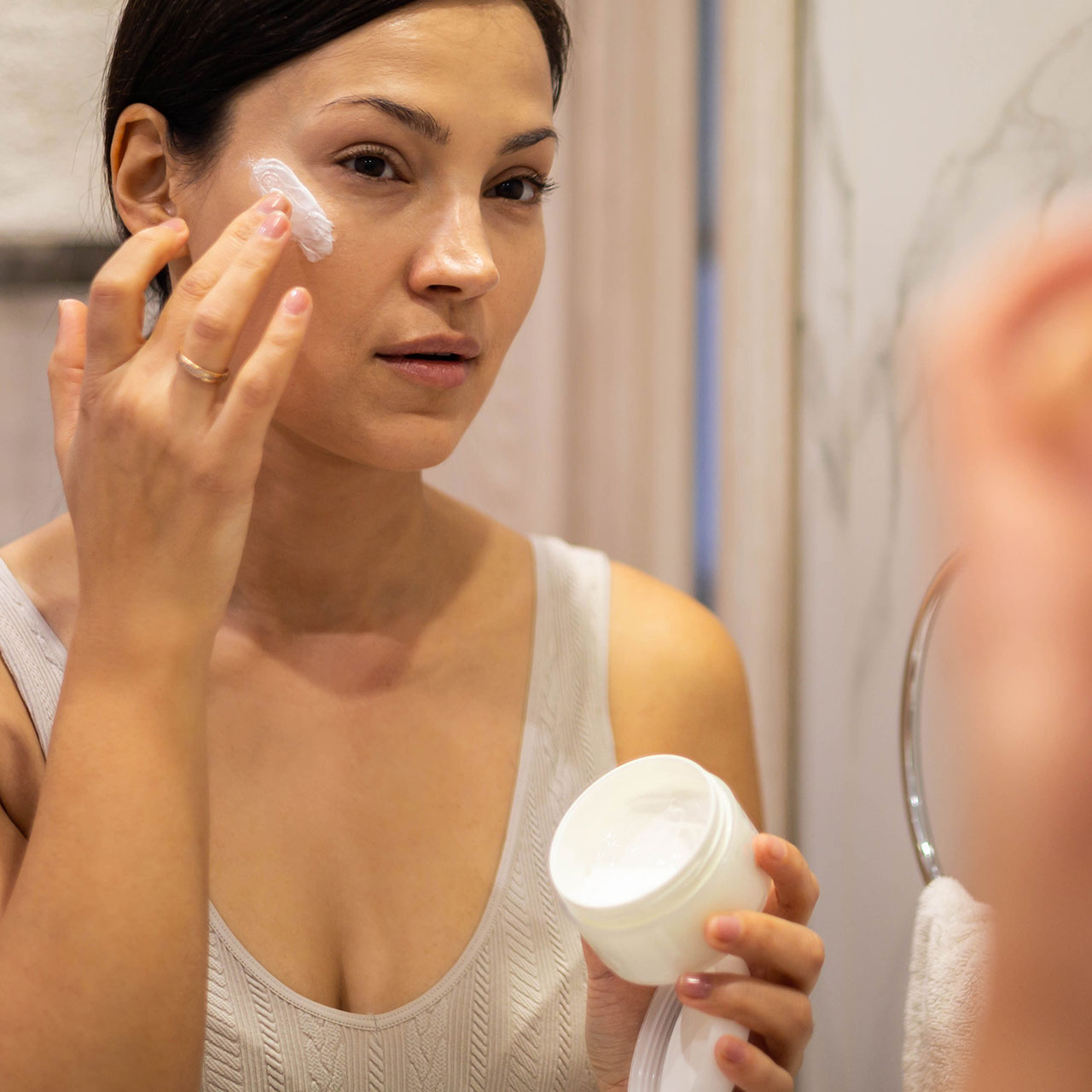This is an archived article and the information in the story may be outdated. Please check the time stamp on the story to see when it was updated last.
When it comes to the products you’re putting on your face it’s natural to want to understand the fine print of your makeup and skin care, and there are a number of buzzy terms you may have heard in the realm of beauty which are unfamiliar or poorly defined. Two terms at the top of this list are ‘clean beauty’ and ‘cruelty free,’ and the ambiguity of these classifications is anything but unintentional.
As people become more aware of the planet and seek out products that support a more sustainable lifestyle, clean beauty and cruelty free makeup may seem interchangeable, but there’s one key difference which sets these terms apart. Whether you follow a vegan eating plan and want to integrate the same changes into your lifestyle, or are looking for products with natural ingredients that don’t come with an onslaught of chemicals, here’s what you need to know about the great cruelty free vs. clean beauty debate.


You may feel like you’re doing your part for the environment by purchasing cruelty free or clean beauty products, but the reality is that these terms are more of a marketing ploy than anything, catering to your desire to do good for the planet by using intentionally vague language. Unfortunately, this means that definitions for these terms can vary from company to company and aren’t necessarily guaranteeing you an ethical product.
That being said, board-certified dermatologist Dr. Joshua Zeichner notes that there’s generally one primary difference between these definitions. “Clean products are free of fragrances, dyes, parabens, phthalates, and sulfates. Many of these products contain botanical ingredients that are responsibly sourced,” he notes. “However, clean does not mean chemical free.”
Cruelty free, on the other hand, often indicates that the item you’re purchasing has simply not been tested on animals. “Technically, a product should not contain any ingredients from any manufacturers that use animal testing,” he explains.
If you do have sensitive skin, neither cruelty free nor clean beauty necessarily means that these products will be better for your complexion, and although the ingredients have not been tested on animals are are marketed as more natural, they can still contain irritants that cause contact dermatitis on the skin. “There is a misconception that clean products are better for you. However, there’s no data that clean products are any safer and more effective than traditionally formulated skin care products,” Zeichner adds.

What’s more, when it comes down to these products implications on the environment, neither should be blindly trusted, according to Zeichner. “All products contain chemicals, including preservatives which are needed to give the product it’s shelf life. Unfortunately, the farm to table system does not work when it comes to skin care because in the time it takes to produce and distribute a product, it can be contaminated with microorganisms.”
Not only this, but packaging is another issue which is likely not factored in when it comes to ‘clean’ beauty. A product advertised as clean can still use plastic packaging or other elements which are not recyclable or do not break down easily in the environment, so while it may be extra work, if you feel strongly about the ethics behind your beauty products it will be worthwhile doing a little research on every product you purchase before blindly assuming it aligns with your value system.
Whether your primary focus is the quality of the product, the impact on the environment, or avoiding animal testing, having uninformed faith in all clean or cruelty free beauty brands is one of the biggest mistakes you could make when purchasing new additions for your collection. While terms such as ‘clean beauty’ and ‘cruelty free’ may seem to tout good intentions, it’s important to remember that anything could be a marketing ploy when not regulated by the FDA.
Therefore, looking into your purchases and supporting brands that coincide with your values instead of grabbings easily labelled items will allow for a more ethical buying process, preserving both your complexion and the planet.


























